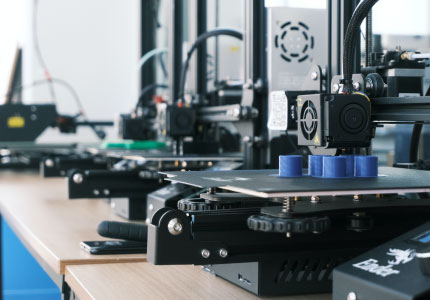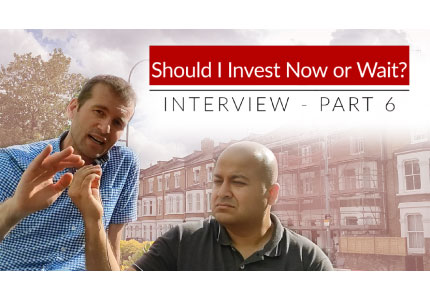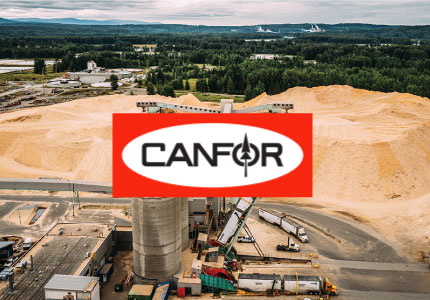 During the past bull market, people expressed their love for investments with prospects which increase their value through the years. Nevertheless, it seems that what they actually dreamt of are investments that grow their price. This is why, now that the prices are going down, they feel sad, and some of them have started panicking.
During the past bull market, people expressed their love for investments with prospects which increase their value through the years. Nevertheless, it seems that what they actually dreamt of are investments that grow their price. This is why, now that the prices are going down, they feel sad, and some of them have started panicking.
For them, it is shocking to see drawdowns of -24% for the SP 500, -35% for Nasdaq, and -78% for ARK Innovation (ARKK). The last instrument well describes the appetite of this new generation of investors, who lived through the turkey illusion, having expected to be fed forever, and finally seeing the face of the butcher.
So, should you panic or not? To find an answer, you should go back and revisit the logic that brought you in the market in the first place. Speculation and investing are two very different activities, and it is very probable that you have been, accidentally or deliberately, speculating instead of investing. The story below will help you understand the difference, and why what you have been possibly doing is “investing” only by name.
A few months ago, I had a discussion with somebody who told me her story about an investment in a flat. Adding the price appreciation to the rents, she doubled her capital over a decade. These are returns that even some equity investors would be jealous of. After this success, she thought of buying a second flat in London, contrary to the opinion of a financial advisor – friend.
The advisor said that she would be better off if she chose to buy something outside London, for example in North England, where she could get a decent yield. Her view, after her first successful experience, was that what matters is not just the rent. Appreciation made most of her gains, and she thought that a flat in London would significantly increase its price in the future, as it did in the past decade.
Both opinions bear some truth. The critical point, and what I tried to explain to her, is the difference between the price, which is what you pay, and the value, which is what you will get (the rents). So, for example, if the rents in London are about to double in the next decade, and they continue doing so in the next decades, this is true future value. So, if the higher price, and the current lower yield, reflects this reality, then I am really taking her side. Honestly, this might be feasible for a place that almost all youngsters, and ambitious professionals want to live in.
But if rents in London are not to grow at a higher pace, compared to the rest of the country, then paying a higher price – receiving a lower yield, is not justified, and means lower long-term returns. She insisted that this doesn’t matter a lot, as long as the price of the flat either way goes significantly up. I could understand the mathematical explanation, but I insisted that at some point, a “plain” price appreciation can’t be sustainable.
Both are called “growth” nowadays, and people, by not distinguishing the difference, end up overpaying. In most cases, price and value, especially long-term, correlate. But occasionally, when something starts to abnormally appreciate, they dismount.
Interestingly, the greatest bubbles are found where no value exists, because rational investors are not there. They are those who could be potential sellers of the overpriced securities and balance the prices. A good example of this phenomenon is the crypto universe, basically a dangerous zero-sum arena, full of pure speculators and no true investors — and possibly no true value, I would dare to say.
When this happens, people involved, even when they claim the opposite, they basically start worshipping the price and not the value. Long term, this is catastrophic. You ideally want to buy £1 for 50p, and not the opposite. But people buy the pound for three, four, and so on, and they put more and more fuel into the mania.
Overpaying is what leads to loss, and this is what you need to know to find out how bad your position is. Ask this question: “Will the rents or business earnings go up (future value), or just the price?”. And then, “If rents/earnings are to go up, has the price reflected more or less than that?”.
Nobody knows the future and the future cash flows of anything for sure and with accuracy. What we can do is to approach it. The best investors in the world are not just those who can better approach it — obviously they can, but more importantly, those who can understand, and deeply embrace the concept I am aiming to explain in the article. This is the greatest edge you can possibly have in the stock market, which, believe me, is more important than IQ, or great analytical skills.
Regardless of what the stock market is doing right now, think of a range of your business’s true value . My 2020 article on Zoom is an example of such a process. When I wrote it, I estimated the true value at around $35 billion ($121 per share), under the basic scenario and its assumptions. The stock traded above $500 per share at that moment, and currently trades at $113 per share.
Read Further: Let’s Approach Zoom’s Value Together
Now, if you disagree with me and the assumptions of the basic scenario, and you believe that Zoom can continue its growth for a few more years, then the stock is a bargain. But by having bought the share for $500, only very good scenarios for the company can make you recover your initial investment.
Having an horizon of 10 years, the ups and downs of the stock market won’t affect you in the meantime, per se. What matters is what the businesses will produce, and what price you paid to acquire them. That is the case for every productive asset or business, call it a flat, a factory, or a startup. Stocks are pieces of businesses, and they are absolutely no different. The fact that the majority of the participants in the stock market use them for speculation is another story, and it’s the main reason they have poor results.
The next time you visit the stock market, think of it as a place where they sell certificates of true ownership. They don’t sell tomatoes, but acres of the fields that produce them. They don’t sell cars, but fractions of the factories that build them. In a way, you go and buy “printers of wealth”. You want to pay as little as possible, and get things that print as much as possible.
Since you realise it, these thoughts should overwhelm your mind, and as a result, you should do things differently. Low prices won’t feel uncomfortable, since price and value will detach in your mind, and their distance will feel like a “river of profit” that flows from the present to the future. If they do not, they will never do, and possibly you are not built for this activity.
Getting back to the crash we live through, it is true that some of the high growth companies are becoming exceptional investments at these prices. Normal growth for their earnings means that you are not to lose money, and some better growth means you will do pretty well.
However, I think that the bulk of high growth companies are still expensive despite having seen declines of more than 50%. It is possible to see them trading even below fair value, before value investors recognise them as bargains, which possibly means more pain in terms of pricing ahead.
In brief, future true earnings define the real value. If you have bought under this value, you are not going to lose money long-term, and you shouldn’t worry about this crash at all. If you have paid more than this, accept your losses, since it is/was a matter of time for the reality to appear. And if your stocks are still trading above value, despite the huge decline, expect more pain.
This is the framework of a true investor. If you got into the market with a speculator’s framework, then ask a speculator what to do. And if you got into it for fun, accept the bill, the same way you do in casinos. I hope you did not spend your life savings for fun though.
As a true investor don’t panic. Just diversify, and always ask: “Is the price I am paying justified?”. Then relax to the sound of the flowing value. Enjoy the “rivers of profit” by cautiously buying the “printers of wealth”!
Share the article with your friends if you found it useful.
Dimitrios Koutsoumpos
*Content presented on Investorblog does not present any recommendation for stock transactions. All investors are advised to conduct their own independent research into individual stocks before making a purchase decision.







Leave a Reply